Breakthrough thinking, modern approach, many feasible solutions
Commenting on the Draft Resolution of the National Assembly on specific mechanisms and policies to implement Resolution No. 71-NQ/TW dated August 22, 2025 of the Politburo on breakthroughs in education and training development, National Assembly Deputy Nguyen Thi Lan highly appreciated the drafting and reviewing agencies for preparing a very elaborate draft Resolution, demonstrating breakthrough thinking, modern approach and offering many feasible solutions, which can create a clear change for the entire education and training sector.
According to the delegate, the draft resolution has many new points, typically the human resource development mechanism is designed to be more flexible. Accordingly, the Director of the Department of Education and Training is given more initiative in managing the team; vocational training institutions and universities are expanded autonomy in personnel. Along with that, the system of teacher remuneration policies is completed in a more practical direction, from preferential allowances of 70-100% to the mechanism of autonomy in spending additional income. "This is an important innovation, both removing long-term obstacles and improving the lives and position of the teaching staff," emphasized National Assembly delegate Nguyen Thi Lan.
.jpg)
In addition, the draft has strongly innovated in the construction of educational programs and services. The acceptance of advanced international programs according to shortened procedures, free textbooks according to the roadmap, and free tuition for national defense and security education are humane policies, suitable for integration requirements and reducing the burden on learners.
In addition, policies on science and technology, innovation and investment create a foundation for long-term development. Allowing intellectual property capital contribution, forming spin-off enterprises, expanding cooperation with enterprises, along with investment and land fund priorities will help educational institutions, especially universities, become centers of innovation and have more resources for sustainable development.
In addition to the very positive points mentioned above, National Assembly Delegate Nguyen Thi Lan mentioned a strategic and urgent issue today, which is developing human resources for the agricultural sector and essential industries that are facing difficulties in attracting learners.
According to the analysis of the delegates, the draft has designed outstanding priority mechanisms for culture, arts, health and other specific fields (stipulated in Article 2, Clause 3); thereby, showing the right investment of the State. However, there is still a very important policy gap in the field of agriculture, forestry and fisheries, which is seriously lacking high-quality human resources and needs to be given strategic priority. Reality in recent years has shown that many backbone sectors of agriculture such as soil science, crop science, animal husbandry, plant protection, agricultural economics and business, rural development, agricultural extension; natural disaster prevention, or fisheries and forestry sectors... are all very difficult to attract young human resources, although the needs of society and businesses are very large. Important sectors such as post-harvest technology or water resources engineering are also in a similar situation.
"These are all industries that play a particularly important role in food security, climate change adaptation and sustainable agricultural development. However, due to the nature of the difficult jobs, unattractive income and lack of strong enough policies, these industries have not created enough attraction for students," National Assembly Deputy Nguyen Thi Lan emphasized.
According to the delegate, international experience shows that this problem can be completely solved. Typically, Korea, Singapore, Israel, Australia or the European Union have applied very effective solutions such as targeted scholarships, job commitments, training orders, career allowances, close connections with businesses and repositioning the image of the profession. When there are strong and long-term policies, less attractive professions can still attract a large number of learners and meet social needs well.
Supplementing priority mechanisms to ensure output for learners
National Assembly Deputy Nguyen Thi Lan said that the draft currently has a credit policy for students and scholarships for graduate students, but there is no separate support mechanism for essential sectors that are having difficulty attracting human resources, especially agriculture, forestry, fisheries or water resources, which are policy gaps that need attention.
"Therefore, I propose adding priority mechanisms such as targeted scholarships, preferential credits by industry, training orders and strong investment in laboratories and practice models, while strengthening cooperation between schools and businesses to increase attractiveness and ensure output for learners," National Assembly Deputy Nguyen Thi Lan proposed.
In addition, delegates also proposed to supplement the mechanism for forecasting national human resource needs by industry. In reality, the scale of training is still largely based on spontaneous market signals, leading to supply-demand imbalances. There are groups of industries that attract a large number of learners but the absorption capacity of the labor market is still limited, while many essential fields serving food security, resource management, natural disaster prevention and sustainable agricultural development are lacking high-quality human resources.
"The experience of the EU, South Korea and Singapore shows that the national system of forecasting human resources by industry and occupation helps to adjust the scale of training very effectively. Therefore, it is necessary to assign the Government to develop and periodically publish a national human resource forecast to orient training and allocate resources appropriately," National Assembly Deputy Nguyen Thi Lan cited international experience on this situation.
Concluding her speech, National Assembly Deputy Nguyen Thi Lan believed that the Resolution, with its strong innovations and long-term vision, would create an important foundation for education and training to make a breakthrough; at the same time, ensure high-quality human resources to serve the country's development, especially in the agricultural sector - the mainstay of the economy.
Source: https://daibieunhandan.vn/tao-dot-pha-giao-duc-va-dao-tao-tu-cac-co-che-dac-thu-vuot-troi-10396404.html



![[Photo] Lam Dong: Panoramic view of Lien Khuong waterfall rolling like never before](/_next/image?url=https%3A%2F%2Fvphoto.vietnam.vn%2Fthumb%2F1200x675%2Fvietnam%2Fresource%2FIMAGE%2F2025%2F11%2F20%2F1763633331783_lk7-jpg.webp&w=3840&q=75)


![[Photo] 17th Congress of Hanoi Women's Delegates](/_next/image?url=https%3A%2F%2Fvphoto.vietnam.vn%2Fthumb%2F1200x675%2Fvietnam%2Fresource%2FIMAGE%2F2025%2F11%2F21%2F1763711953024_image-9-4623-jpg.webp&w=3840&q=75)







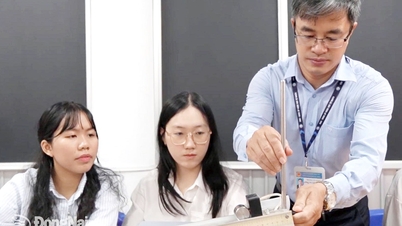



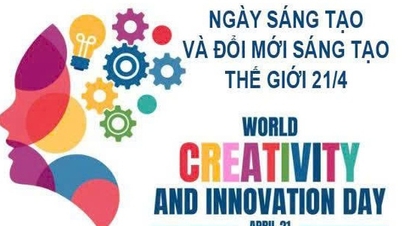

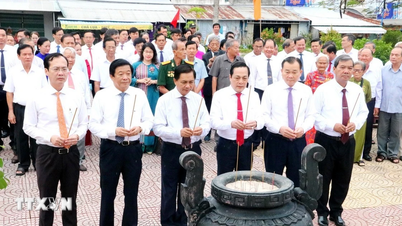

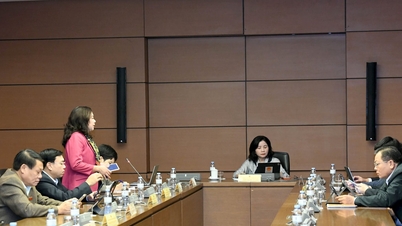
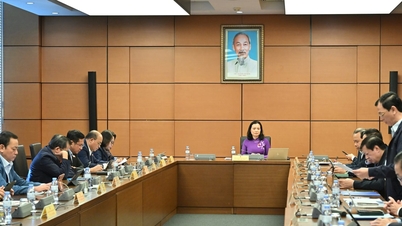










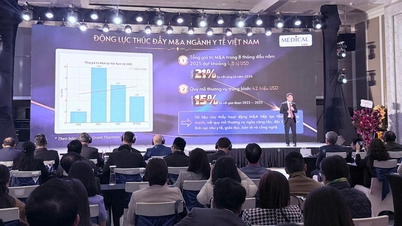
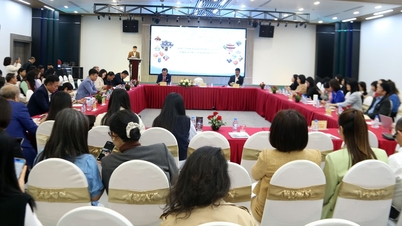
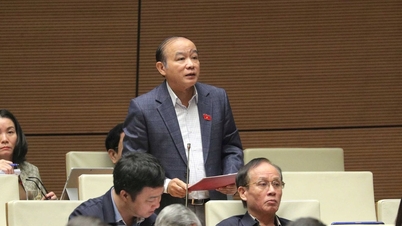
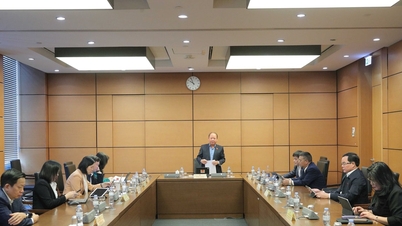
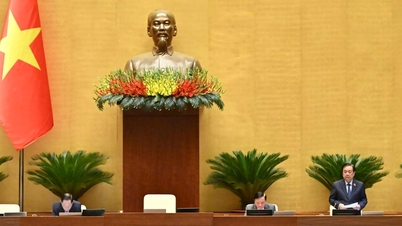




















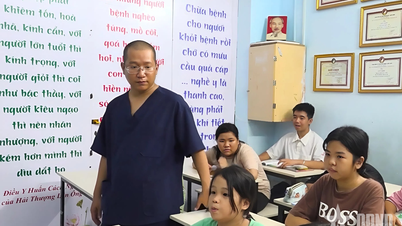
























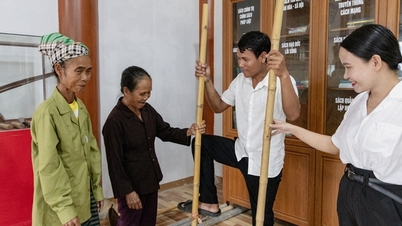

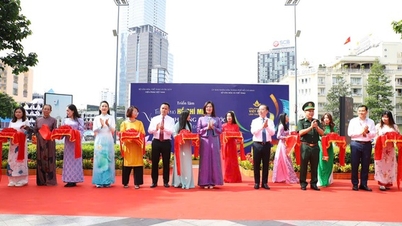
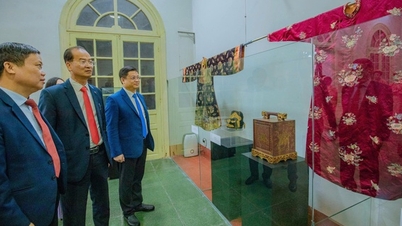
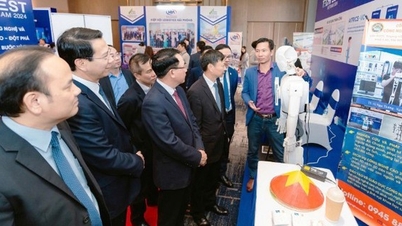

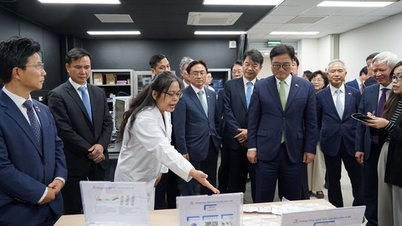
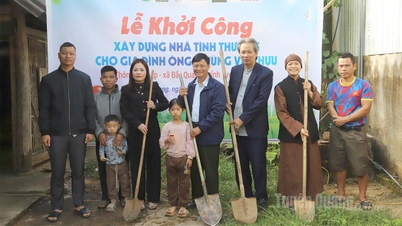





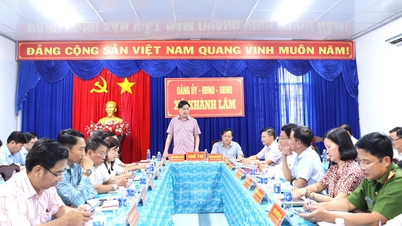
















Comment (0)